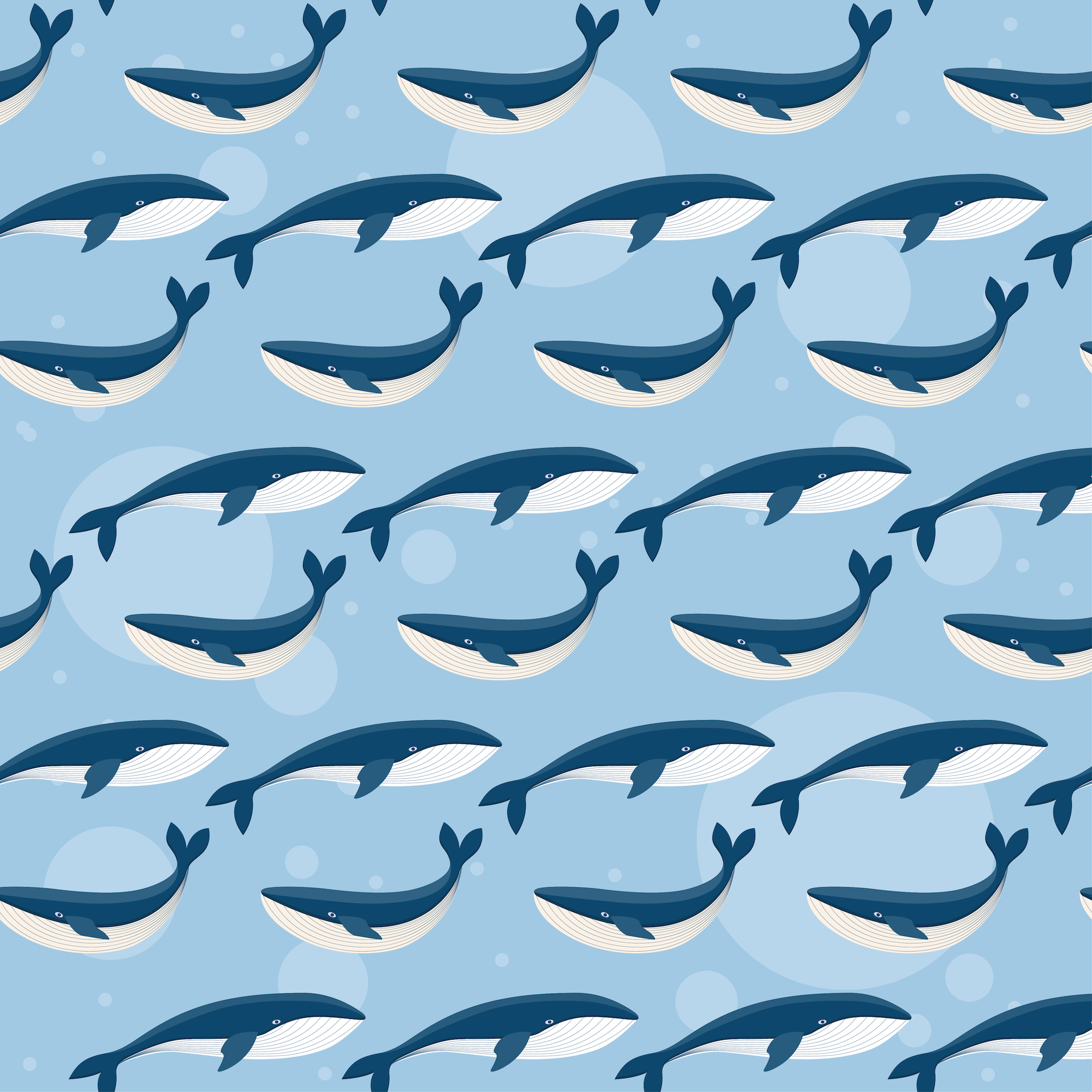Santiago de Chile, April 21, 2010 (CCC/Ecoceanos News) – More than 20 chilean NGOs delivered a letter this morning to the Minister of Foreign Affairs of Chile, Alfredo Moreno, expressing their concern regarding the negotiation process to define the future of the International Whaling Commission (IWC), that since June 2009 has been lead by the Chilean commissioner and current president of this international organization, ambassador Cristian Maquieira.
The letter that was delivered this morning by representatives of Centro de Conservacion Cetacea (CCC), Centro Ecoceanos, AnimaNaturalis and the coalition EcoAnimal, stated that “the existing negotiation process represents a unique opportunity to advance towards a reform that brings the Commission in line with modern interests of conservation and non lethal use whale populations.”
The letter adds that “the designation of ambassador Maquieira as president of the IWC in June 2009 was an important recognition of the international community to the work conducted during the last decade by Chile and the Latin American countries in order to consolidate the sovereign right of coastal states to use whale populations by non lethal means.”
In their message to Minister Moreno, the NGOs recalled that “in 2008 Chile consolidated a Policy of State firmly oppose to all whaling operations. The Law 20.293 for the protection of cetaceans was adopted by the unanimous support of the Chilean Congress, the Executive branch, the Chilean Navy, the artisanal fishing sector, national ands international NGOs and the Chilean people.”
For this reason the NGOs expressed their concern to Moreno about ”the evolution of the negotiation process of the IWC, that has produced a premature and weak proposal that implicitly seeks to eliminate the moratorium on commercial whaling and legitimize the so-called “scientific whaling” operations conducted by Japan in the Southern Ocean Whale Sanctuary. Additionally, during an initial period of 10 years the proposal will generate the conditions for the revival and expansion of commercial whaling and the international trade of whale products.”
Regarding recent information published by The New York Times that affirms that “three whaling countries and New Zealand, Australia and Chile supports the proposal”, the NGOs declared to Moreno that “we are concern about the silence of the government of Chile in what we consider to be a serious mistake, in moments that Australia – historical ally of our country in cetacean conservation – has publicly, immediately and strongly rejected the affirmation by stating that it is “completely wrong”.
The NGOs highlighted that according to an official communication of the Ministry of Foreign Affairs dated February 16, 2010, the official position of the Chilean State is to “deepen diplomatic actions to promote the indefinite permanence of the moratorium on commercial whaling and the respect to established whale sanctuaries.”
The message to Moreno adds that “The increasing doubts generated in the civil society due to the contradictions between Chile whale conservation policy, the development of a pro-whaling proposal under the direction of ambassador Maquieira and the recent declarations that affirm that the position of the government of Chile is similar to the whaling countries, it is fundamental that the Ministry of Foreign Affairs – under the new administration of president Sebastian Pinera – sends a clear signal to the Latin American people and the international community about the position of Chile – as a country and founding member of the Buenos Aires Group – regarding the conservation of the whale populations of our region”.
The organizations concluded their request to Minisiter Moreno recalling that “as the second Latin American country designated to lead the IWC during its more than 60 years of existence, and having in mind the historical adoption of the moratorium on commercial whaling under the IWC presidency of Argentina in 1982, Chile has an enormous responsibility among its citizens and the international community to move towards the effective and modern conservation of whale populations in the 21st century.”




